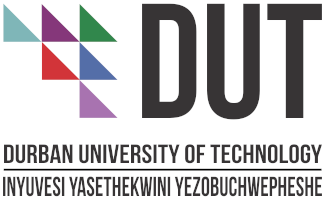Decolonising South African Agriculture – Bringing Dignity Back to Small-Scale Farming
DOI:
https://doi.org/10.51415/ajims.v4i1.1011Keywords:
decolonisation, factors of production , small-scale farming , corporate social investment, agricultural entrepreneurAbstract
Decolonisation should include not only political independence, but also the return of factors of production to the formerly colonised people so that they can use them to participate meaningfully in the economy, facilitating their economic emancipation from former colonial rulers. This not only involves putting the factors of production back into the hands of the colonised but also empowering them to generate wealth. Hence, the re-balancing of the agricultural landscape to actively include small-scale agriculture is part of the decolonisation process. Returning viability and dignity to small-scale farming entails reconnecting people to the land. Therefore, African investments in agriculture need to be focused on small-scale farming so that income inequality and poverty can be alleviated. The paper proposes that the promotion of small-scale agriculture change achieves both the objectives of reversing the impact of colonialism and restoring dignity to Black farming, as well as providing quality employment within local communities. The paper does not suggest that every farm must be small-scale, but that every small-scale farm be given an equal opportunity to produce and contribute to the economy as these farms can provide business opportunities for marginalised groups, namely the youth and women. Hence, the question remains - Where does one acquire the resources and expertise to kick-start the recalibrating of agricultural production on a small-scale? The answer lies in a mixture of finance and business skills from firms through Corporate Social Investment that creates partnerships, both public and private, that sow the seeds of small-scale success.
Downloads
Downloads
- PDF 524 Downloads






